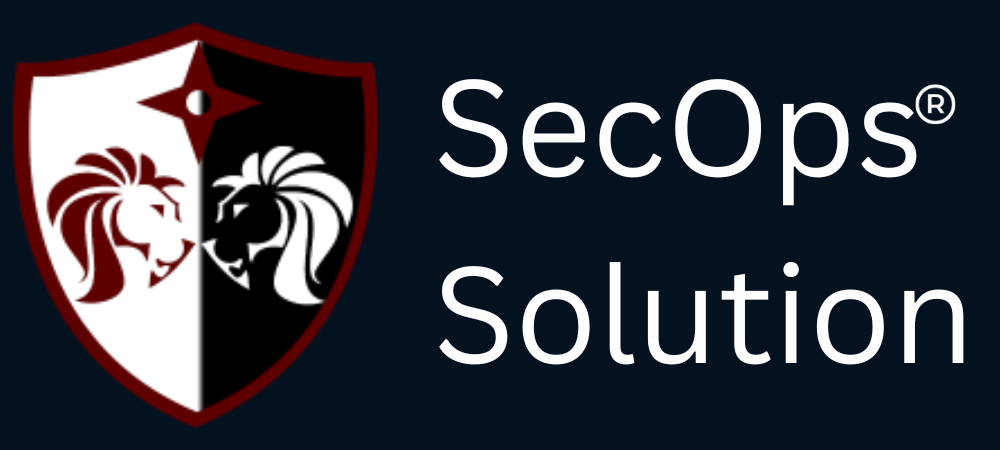
Agentless security for your infrastructure and applications - to build faster, more securely and in a fraction of the operational cost of other solutions

hello@secopsolution.com
.jpg)
The rapid evolution of technology has brought unprecedented advancements but has also paved the way for complex ethical dilemmas. The recent upheaval at OpenAI, culminating in the removal of its CEO, Sam Altman, has ignited a fervor of speculation, with security, privacy concerns, and leadership decisions at the forefront. This blog aims to delve deeper into the multifaceted aspects that may have contributed to Altman's ousting and the implications for the broader tech industry.
Privacy concerns have become a central theme in the narrative surrounding Altman's departure. OpenAI, recognized for its contributions to artificial intelligence, has found itself under scrutiny for its handling of user data and potential privacy breaches. While specific details about these privacy issues remain somewhat elusive, the overarching sentiment is that a breach of trust occurred, leading to a loss of confidence in Altman's leadership.
The delicate balance between profitability and ethical AI development has long been a challenge for companies in the tech sector. Altman's exit from OpenAI appears to be tied to a fundamental conflict between prioritizing profit and upholding the principles of AI safety. Reports from various sources, including India Today and Bloomberg, suggest that Altman's leadership was questioned due to an alleged shift towards prioritizing commercialization over the ethical considerations of AI development.
Internal discontent within OpenAI emerged as a significant factor contributing to Altman's downfall. Reports indicate that employees voiced concerns about the company's direction, particularly the perceived prioritization of profit over AI safety. The Messenger reported on an internal letter and memo from OpenAI employees expressing apprehensions about the trajectory of the company under Altman's leadership. Employee dissatisfaction likely played a role in shaping the narrative surrounding Altman's exit.
The clash over AI safety is a focal point in understanding Altman's departure. OpenAI, at its core, is committed to developing artificial intelligence responsibly and with a focus on safety. The ousting of Altman could be indicative of a struggle within the organization to maintain this commitment while also exploring commercial opportunities. Striking the right balance between innovation and responsibility remains an ongoing challenge for companies in the AI space.
Altman's exit from OpenAI is not an isolated incident but rather one that reverberates through Silicon Valley. Bloomberg suggests that this leadership change has reordered power dynamics within the tech industry, potentially influencing how other companies approach the ethical dimensions of AI development. The fallout from Altman's departure serves as a crucial moment for the industry to reflect on the ethical responsibilities that come with technological advancements.
OpenAI's leadership crisis serves as a microcosm of the broader challenges facing the tech industry. Navigating the future requires a nuanced approach to balancing innovation with ethical considerations. Companies must grapple with the implications of their actions not only on their bottom line but also on societal trust and the responsible development of cutting-edge technologies.
A key takeaway from the OpenAI controversy is the importance of transparency. As technology continues to shape our world, maintaining open lines of communication about the ethical principles guiding AI development is imperative. Transparency builds trust with users, employees, and stakeholders, mitigating the risk of privacy scandals and internal discord.
The events leading to Altman's departure underscore the need for robust corporate governance structures. Companies must implement frameworks that ensure accountability at the highest levels, balancing the interests of shareholders with a commitment to ethical practices. Altman's removal serves as a reminder that leaders are accountable not only for financial performance but also for upholding the ethical standards of the organizations they lead.
The controversy surrounding Sam Altman's departure from OpenAI encapsulates the intricate challenges faced by tech companies in an era of rapid technological advancement. Balancing privacy concerns, ethical AI development, and profitability requires a delicate touch. Altman's exit serves as a catalyst for introspection within the tech industry, prompting leaders to reevaluate their approaches to innovation, ethics, and corporate governance. As the industry grapples with these challenges, the lessons learned from OpenAI's tumultuous episode will undoubtedly shape the future trajectory of technology and its ethical considerations.
SecOps Solution is an award-winning agent-less Full-stack Vulnerability and Patch Management Platform that helps organizations identify, prioritize and remediate security vulnerabilities and misconfigurations in seconds.
To schedule a demo, just pick a slot that is most convenient for you.